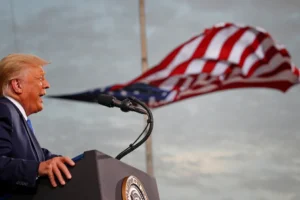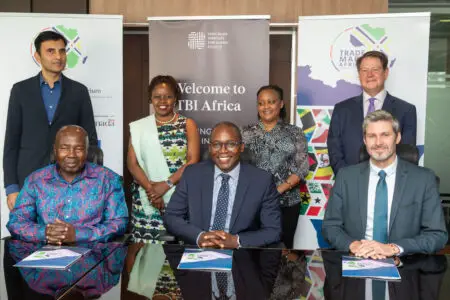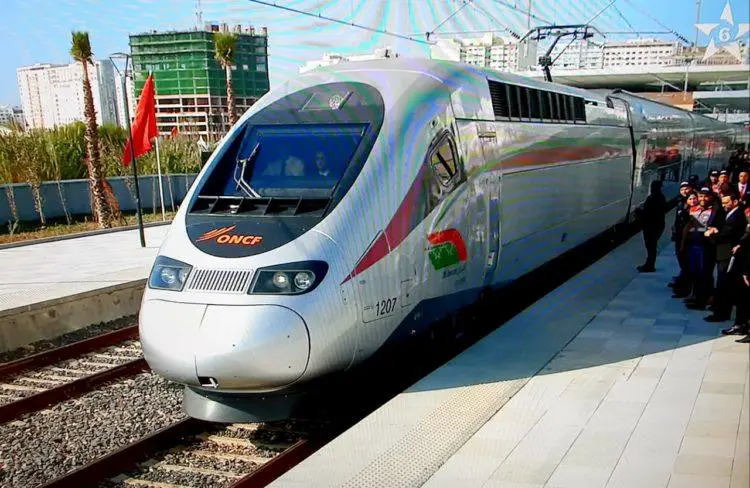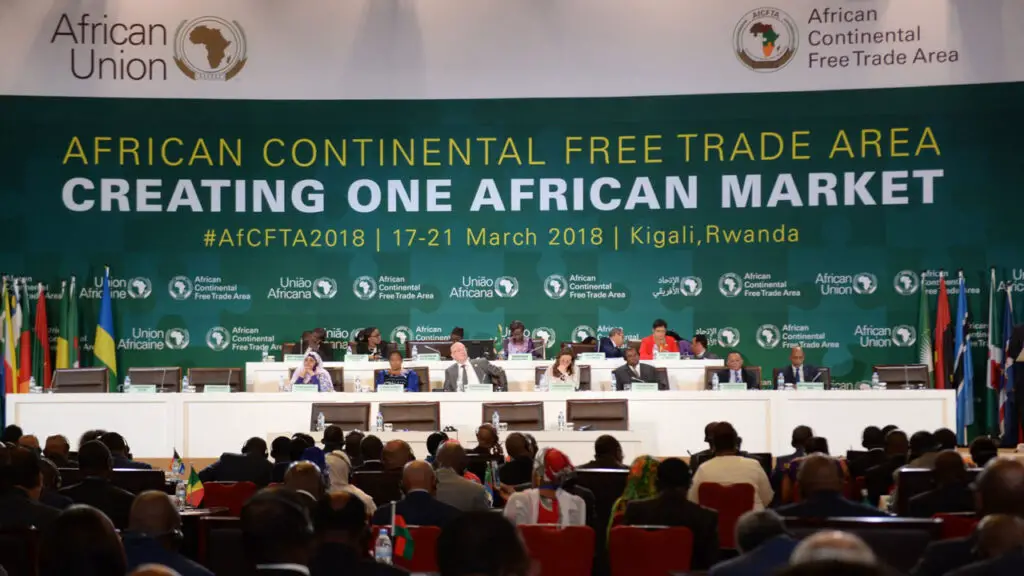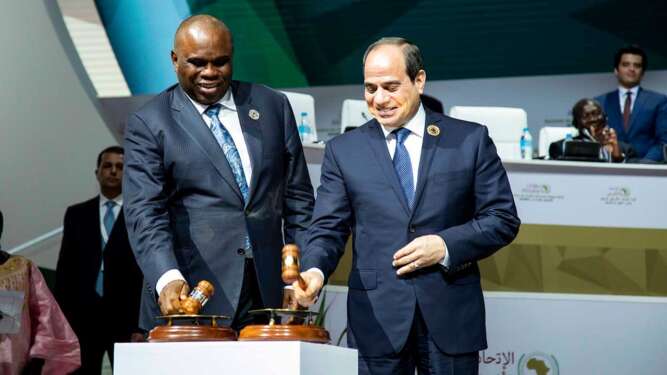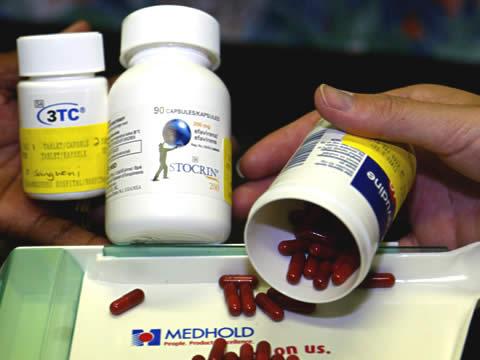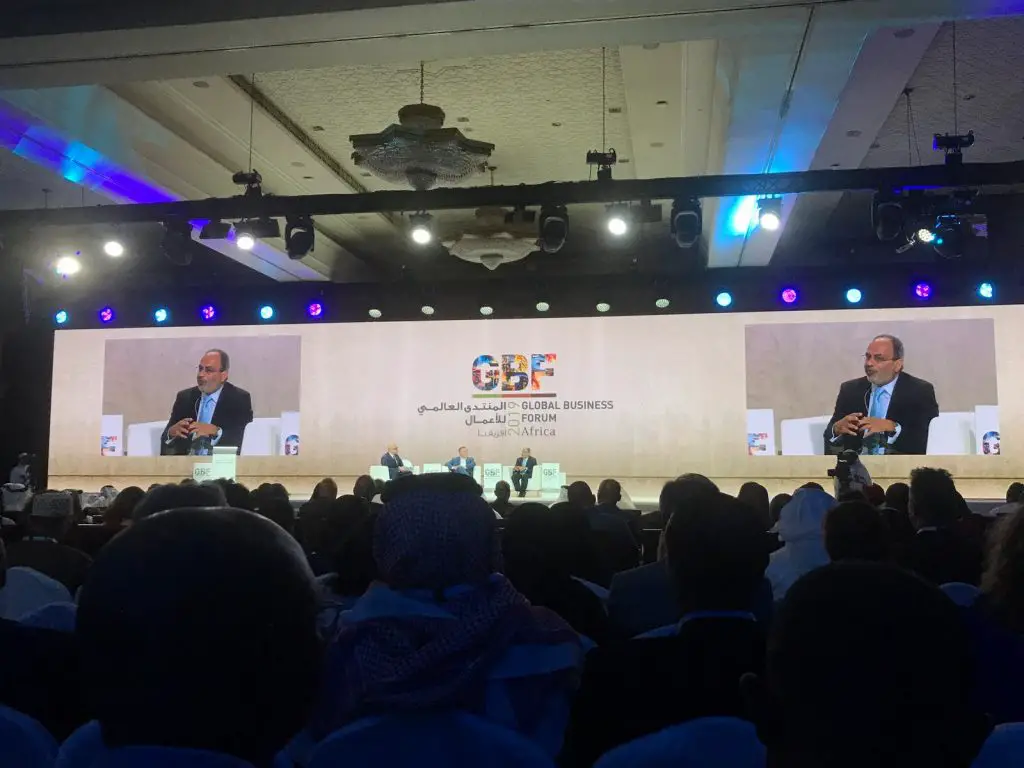- Donald Trump among 40 key leaders shaping Africa’s energy industry in 2025
- Mega dam or a disaster in waiting? Concerns rise over Ethiopia GERD’s stability
- The promise and challenges of Green Hydrogen in North Africa
- Power giant Wärtsilä shares roadmap for East Africa’s energy future
- Sahel region evolves into “ground zero” for the world’s most brutal terrorist activities
- The silent struggle: Women entrepreneurs in Africa and the financial divide
- Questions and answers on confirmation of war crime charges against Joseph Kony at the ICC
- The critical need for energy access in Africa: A roadmap to prosperity
Browsing: Africa Continental Free Trade Area (AfCFTA)
- They will closely collaborate in trade facilitation and financing in order to grow trade across the continent.
- The organizations are keen to support implementation of the Africa Continental Free Trade Area (AfCFTA) which became effective in 2021.
- The AfCFTA aims to create a continent-wide market of USD3.4 trillion and 1.3 billion people.
Leading aid for trade organization TradeMark Africa -TMA (formerly TradeMark East Africa), global government advisory organisation, Tony Blair Institute (TBI) and catalytic fund Trade Catalyst Africa (TCA) have come together to support trade in Africa.
TCA is a subsidiary of TMA.
The three have signed a Memorandum of Understanding (MoU) to closely collaborate in trade facilitation
and trade finance in order to grow trade across the continent.
The organizations are keen to support implementation of the Africa Continental Free Trade Area (AfCFTA) which became effective in 2021.
The AfCFTA aims to create a continent-wide market of USD3.4 trillion …
Over the past decade Africa has been rife with infrastructure developments that hitherto continue to steadily transform the continent, spurring the much-needed economic development. This is well aligned to aspiration 2 of Africa’s Agenda 2063, which advocates for ‘an integrated continent politically united based on the ideas of Pan Africanism and the vision of African Renaissance’ with the key priority area of developing world class infrastructure that crisscrosses Africa.
Inadequate infrastructure in Sub-Saharan Africa has remained an existential hurdle to the continent’s achievement of robust economic growth. According to a report by Deloitte, this status quo has reduced national economic growth by two percentage points every year, and cut business productivity by as much as 40 per cent. In reiteration, another report by McKinsey and Company highlights that Africa faces an infrastructure paradox, in that there is need and availability of funding together with a large pipeline of potential projects
One of the major criticisms raised against his ambitious continent-wide free trade pact is the fact that it is bound to have disproportionate benefits for different countries. There are already pre-existing inequalities that favour more developed countries.
Bluntly speaking, it is to be reasonably expected that it is the continent’s tycoons, large business owners that will benefit the most.
Consider this, only three of the agreement’s members i.e. Nigeria, South Africa and Egypt account for almost half (50%) of all of Africa’s GDP. Take for instance the fact that in 2020 alone, the continent of Africa as a whole, imported US$20 billion worth of goods from South Africa.
With the tariff-free movement of goods, South Africa will enjoy a tremendous increase in trade output to the rest of the continent at much lower costs.…
A mineral-rich continent, with a fast-growing economic potential and a considerable population stands a chance to become a predominant global hub for trade and investment. Africa’s growth potential has been mainly driven by a significant surge in investment, as indicated by the African Development Bank. As opposed to consumption expenditure driving economic growth, industry players and governments have realised the long-term benefits of investment to the growth of African economies. A longevity approach to a sustained growth of the African continent as a whole is the thrust of Agenda 2063 of the African Union, propelled by the African Continental Free Trade Area (AfCFTA) agreement. …
[elementor-template id="94265"]
The countdown to the commencement of trading under the African Continental Free Trade Area is drawing to an end.
The world celebrates the coming of a new year with the hope of a reprieve from the chaos and hardships that 2020 brought. For Africa, the New Year’s Eve celebrations bring hope for a brighter future. A future with Africa no longer the dark forgotten continent left behind by the rest of the world. Neither engulfed by poverty, inefficiency, and negativity nor identified by conflict and hopelessness.
A future where Africa stands shoulder to shoulder with economic giants. Where economies of scale and scope position African manufacturers favorably. Where African economies boast integrated efficiencies and world-class digital infrastructure. Where road networks and physical infrastructure on the continent take a turn for the better. Where Africa means business and has the trade statistics to prove it.
Africa is going for gold and …
By Dr. Olajide Ademola (UNFPA) and Dr. Benjamin Djoudalbaye (Africa CDC)
The COVID -19 pandemic has drastically challenged and strained health systems worldwide. All components of the health delivery architecture – from human resources to physical infrastructure – have been severely tested as morbidity and mortality caseloads, unfortunately, gallop. Globally, over four million people have been infected, with about 282 244 lives lost and over one million recoveries between December 2019 and May 2020. As the pandemic continues to evolve and the numbers trickle in, we are not just learning about the fatalities and survival, but also about redefining our healthcare systems.
Western societies are experiencing the heaviest of the unprecedented effects yet they host advanced health care amenities and have established economies. A report released early March called on leaders in Africa to prepare for worse but on the contrary, the continent appears to be gradually reaping benefits of …
A high-level meeting of policymakers, regulators and industry experts in the field of pharmaceuticals and trade has discussed a bold path towards affordable pharmaceuticals through leveraging the African Continental Free Trade Area. The Continent is home to 11% of the world’s population yet it carries 25% of the world’s burden of disease.
If implemented, pooling procurement of essential drugs and products and expanding local pharmaceutical production on the continent is seen as a critical pathway to the prosperity of African citizens, thereby achieving universal healthcare in Africa.
Executive Secretary of the Economic Commission for Africa Vera Songwe told the meeting that 50 % of all children who die before the age of 5 in the world are in Africa. “We cannot build a prosperous Africa if we have such a high mortality rate. The pharma initiative seeks to reduce costs and increase healthcare access.”
“The tragedy is that these diseases …
The Dubai Chamber of Commerce and Industry in cooperation commonly referred to as Dubai Chamber has released a white paper in which it identifies key business opportunities and trends in Sub Sahara Africa ahead of the Global Business Forum Africa 2019.
Growing momentum behind regional integration, economic reforms, technological advances, and infrastructure development are among the key factors fuelling business growth in sub-Sahara Africa, according to a new whitepaper. The report was released by Dubai Chamber with the Economist Intelligence Unit (EIU).
Established in 1965, the Dubai Chamber of Commerce & Industry is a non-profit public entity, whose mission is to represent, support and protect the interests of the business community in Dubai by creating a favourable business environment, supporting the development of business, and by promoting Dubai as an international business hub.
The report, entitled Promise and Perils: Scaling up businesses in sub-Sahara Africa, sheds light on the …
The East African Business Council (EABC) has secured US$ 3.2 million financing from TradeMark East Africa Africa (TMEA) to support trade initiatives mainly addressing barriers in the region.
This will support implementation of a three year programme,“Integrating Public-Private Sector Dialogue (PPD) for Trade and Investment in East Africa Community (EAC) Programme”.
The partnership will support EABC’s advocacy efforts of improving coordination, reporting and resolution of Non- Tariff Barriers along the corridors; harmonization and adoption of East African Standards, Sanitary and phytosanitary (SPS) measures, improve adoption and harmonization of customs and domestic tax-related policies and trade facilitation in the EAC.
To strengthen and sustain EAC’s trade and investment, it is critical that an enabling environment is in place to guarantee growth and predictability.
Public‐Private Dialogue plays a crucial role in addressing constraints, providing short‐term stimulus with long‐term impact and contribute to economic growth and poverty reduction.
The project will enhance advocacy …
